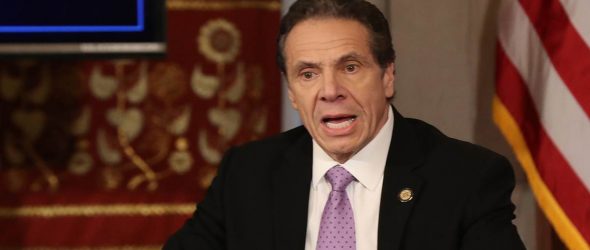 https://cannabisexaminers.com/wp-content/uploads/2020/03/200320-andrew-cuomo-ac-726p_048032da35dcac8d6a0cce621f9ea63a.nbcnews-fp-1200-630.jpg
https://cannabisexaminers.com/wp-content/uploads/2020/03/200320-andrew-cuomo-ac-726p_048032da35dcac8d6a0cce621f9ea63a.nbcnews-fp-1200-630.jpg
With nearly 80 million Americans under orders to stay out of public spaces as much as possible, some are wondering what, exactly, they can legally do besides becoming homebodies.
Stay-at-home and work-limitation orders covering California, New York and other states vary in severity but often lead to the same question: “Can I go for a walk?”
“You’ll still be able to go running and hiking and walk your dog,” said Illinois Gov. J.B Pritzker in announcing his order on Friday. “Many, many people will still go to work.”
Illinois’ order began Saturday evening and will run through at least April 7, affecting about 13 million people.
California’s order, affecting 40 million people, allows residents to go to grocery stores, pharmacies, parks and, in some places, marijuana dispensaries.
“We need to meet this moment and flatten the curve together,” California Gov. Gavin Newsom said in a statement.
Let our news meet your inbox. The news and stories that matters, delivered weekday mornings.
The city of Los Angeles said in its local “Safer at Home” order that residents should not visit friends or go to work unless specifically exempt. It said violators could be fined or even jailed.
Among those exempted were licensed sellers of recreational and medical cannabis and the product’s buyers, said Alex Comisar, a spokesman for Mayor Eric Garcetti.
“No customer will be turned away with or without a doctor’s prescription,” said Jerred Kiloh, president of the L.A.-based United Cannabis Business Alliance.
Los Angeles County officials said people could go on walks and enjoy parks so long as they practice social distancing. But the city of Beverly Hills, California, said its community centers, playgrounds, mini parks and tennis courts would be closed until further notice.
In Nevada, Gov. Steve Sisolak said casinos, pubs, nightclubs, museums, dine-in restaurants and brothels must close statewide. But he also offered a wide list of essential businesses that could carry on, and he stopped short of a stay-at-home order. Enforcement began Saturday, said Nye County Sheriff Sharon Wehrly.
New York Gov. Andrew Cuomo’s order, “New York State on Pause,” directed nonessential businesses to close and residents to stay at home as much as possible.
“One-hundred percent of the workforce must stay home,” Cuomo said at a news conference.
“There will be a civil fine and mandatory closure for any businesses that is not in compliance,” he said.
Like California and Nevada, New York offered a long list of work activities exempt from the shutdown, from healthcare to infrastructure and from auto repair to construction.
New York City Mayor Bill de Blasio said he would ask police to enforce social distancing.
Gov. Ned Lamont of Connecticut rolled out a “Stay Safe, Stay at Home” policy that largely mirrored New York state’s shutdown.
In Illinois, officials said those violating the order would be verbally warned if stopped by police. Those who did not heed the warning could end up with a “reckless conduct misdemeanor,” they said.
But the state also published its own long list of employment sectors, from financial institutions to hardware stores, allowed to carry on.
The freeze on daily activity is aimed at slowing the rate of infection as coronavirus travels from person-to-person through “respiratory droplets produced when an infected person coughs or sneezes,” said the U.S. Centers for Disease Control and Prevention.


